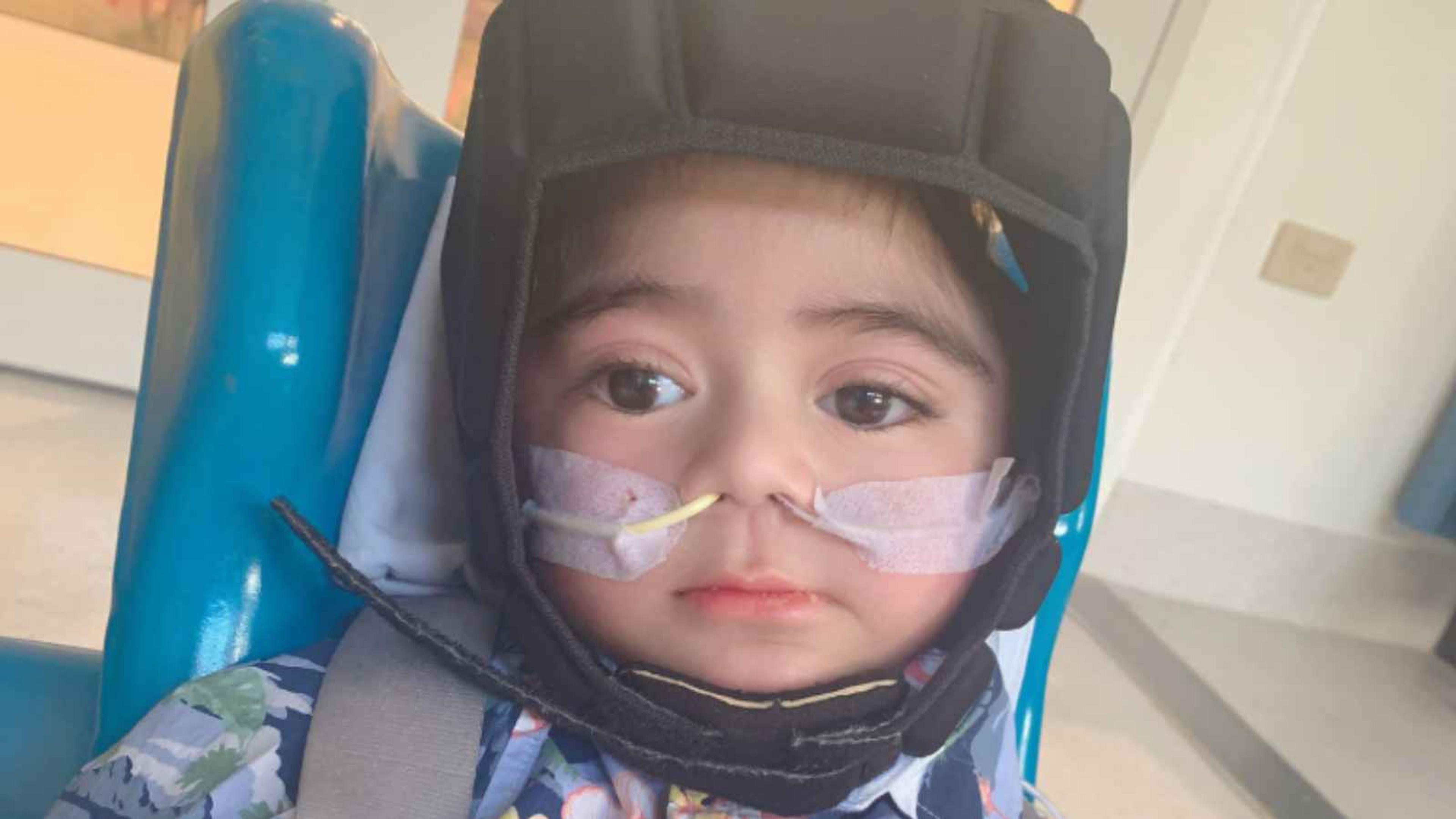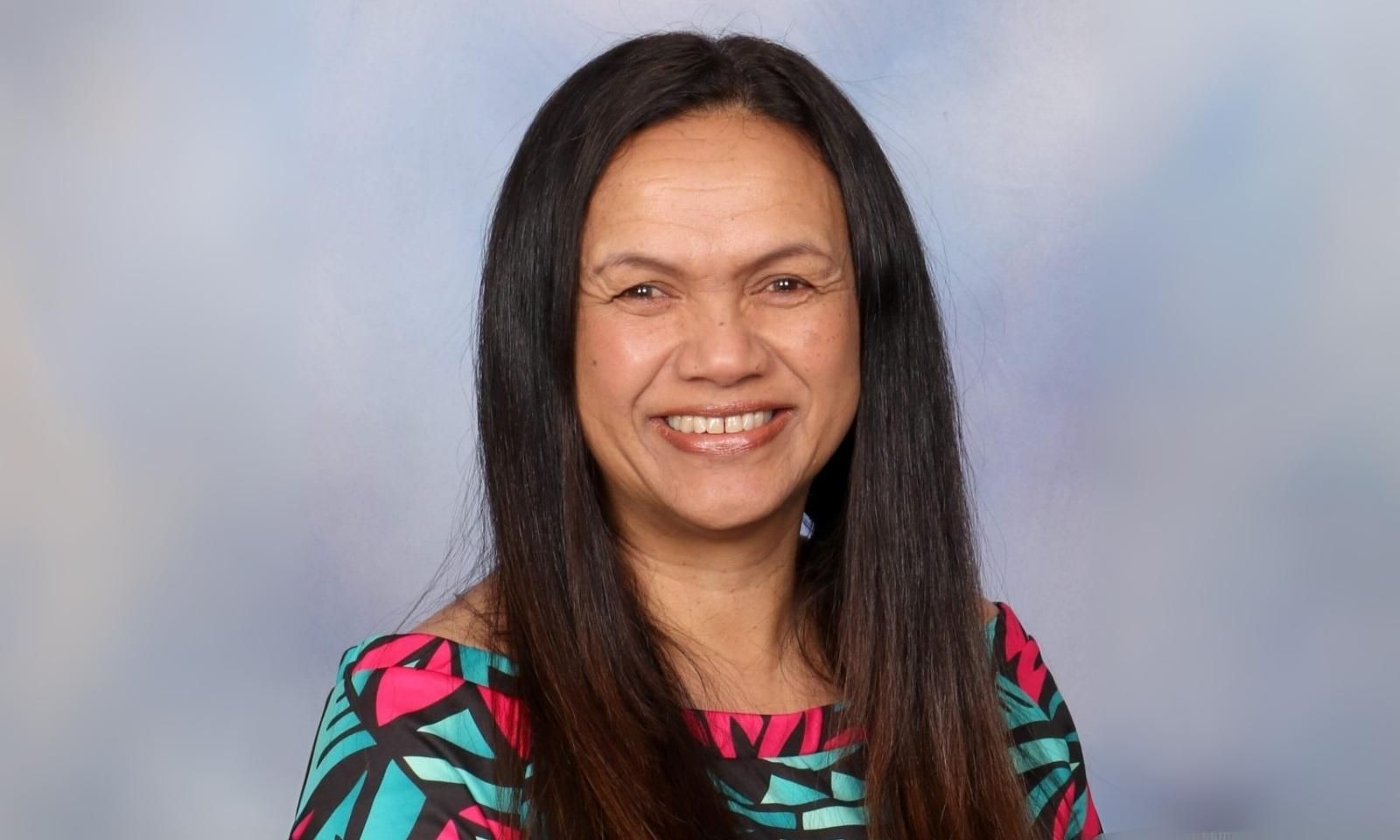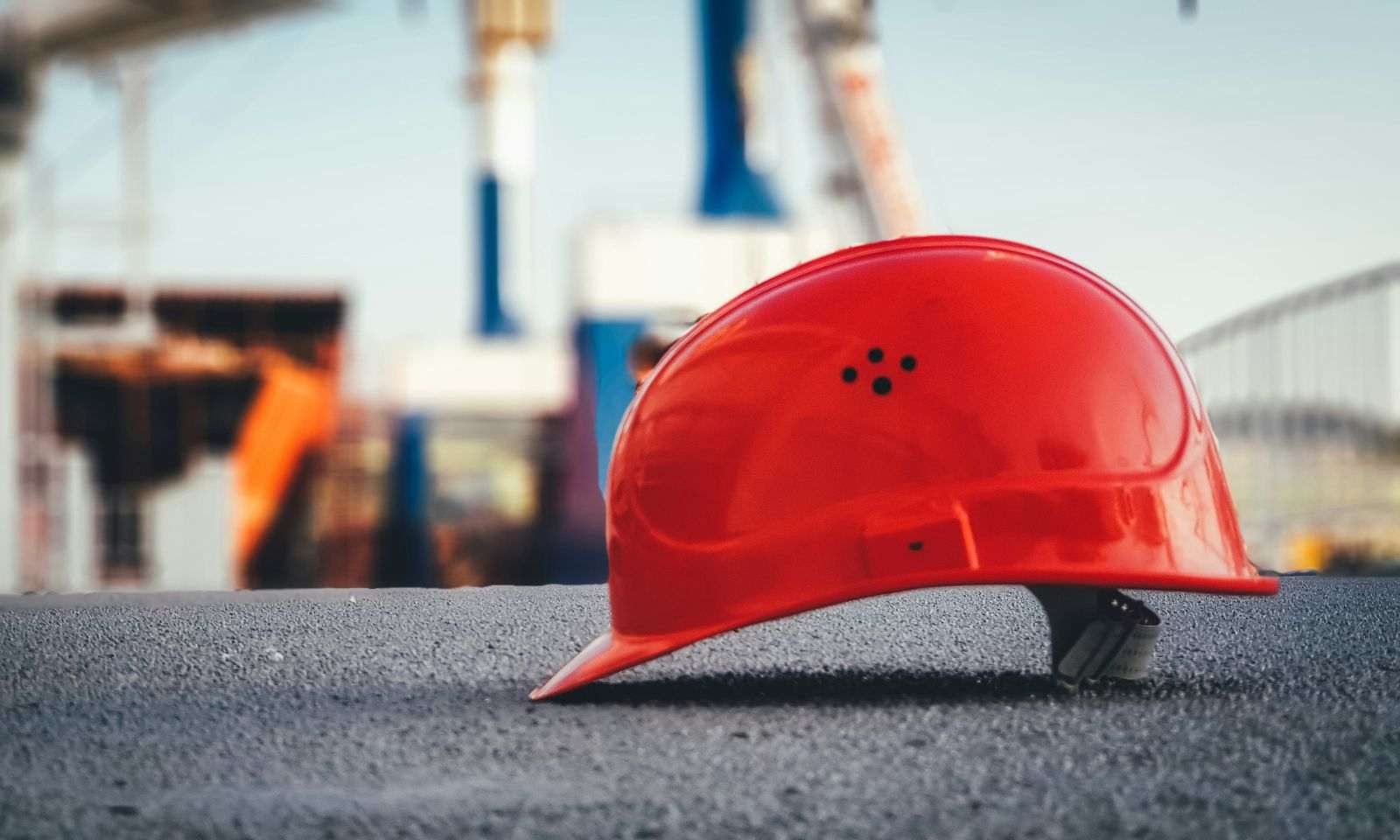

The Government plans to strip the NCEA system in favour of a new system, with some raising concerns around Māori and Pacific students being left behind.
Photo/PMN News/Candice Ama
‘Our children are not an afterthought’: Pacific leaders demand equity in NCEA overhaul
Education leaders warn Pacific students risk being left behind unless the Government works with their communities to design reforms that value cultural knowledge and diverse learning.



Immigration reassesses toddler's declined visa request as Children's Commissioner steps in




Fiji’s former Prime Minister and police chief charged with inciting mutiny

Immigration reassesses toddler's declined visa request as Children's Commissioner steps in


Pacific education leaders warn the Government’s proposed overhaul of NCEA risks leaving Pacific learners behind if their voices are a part of the reform.
The Government announced plans this week to replace NCEA Levels 1, 2 and 3 with a foundation literacy and numeracy award, New Zealand Certificate of Education and an Advance Certificate.
Students will be required to take five subjects and pass at least four, with marking out of 100 and grades from A to E.
Education Minister Erica Stanford says the aim is to ensure New Zealand’s national qualification “opens doors for every young person, whether they're heading into a trade, university, or straight into work”.
However, Parehuia Enari, Co-Principal for the Pacific Advanced Secondary School and executive member for the New Zealand Pacific Principals Association's (NZPPA) secondary sector, says the reforms must take into account “the diverse starting points of our tamaiti [children]”.
“So must their experiences, cultural wealth and what they bring to schools,” Enari says.
“Without intentional co-design and support, our Māori and Pasifika students could further be marginalised by this kind of system that prioritises standardisation over equity.”
She says NCEA allows flexibility, especially for Māori and Pacific students, and has historically enabled them to find different pathways to success as it can include their cultural knowledge and experiences.
“Removing Level 1 without putting in strong supports may strip away early checkpoints for our talavou (youth),” Enari says.
“Level 1 also gives our tamaiti their first experience or taste of academic success getting through that first year.
“For some, the Level 1 certificate is a powerful motivator.
“It's a stepping stone and a more structured system may benefit some but it does risk disadvantagering learners who don't fit the mainstream mould unless equity is at the heart of its co-design.”

Parehuia Enari. Photo/Pacific Advanced Secondary School
Last year NCEA figures showed a staggering 77 per cent of Pacific students and 71 per cent of Māori failed in maths, with the national total being 54 per cent.
In reading, 63 per cent of Pacific students alongside 54 per cent of Māori did not pass, with writing 56 and 55 per cent failing respectively.
Enari says if the changes are done well it could help students succeed and build confidence within students, but she warns if it is used as a “gatekeeper”, isolating youth to a binary success or fail system, that it could perpetuate Māori and Pacific learner statistics and increase inequity.
“Pasifika learners have rich oral and cultural literacies that aren't always recognised in traditional assessments,” she says.
“The award must value multiple forms of literacy that our children have and we must ensure it doesn't become a barrier.”
Enari says bilingual students, which many of their students are, could be disadvantaged if English tests are standardised.
“If they're literate in Sāmoan and the test is in English then what are we measuring here?”

Last year NCEA figures showed a staggering 77 per cent of Pacific students and 71 per cent of Māori failed in maths, with the national total being 54 per cent. In reading, 63 per cent of Pacific students alongside 54 per cent of Māori did not pass, with writing 56 and 55 per cent failing respectively. Photo/Unsplash
Vocational pathways are another area of concern.
While the Government promises to work with industry to develop better trade pathways, Enari says the stigma attached to non-academic routes must change.
“Unfortunately for many of our whānau, we do think that taking vocational pathways is a second option or it's the last option for our children,” she says.
“It’s not as valued as attending university, so we need to change the narrative on what success looks like.”
She says the need for effective community communication or talanoa ako, with Pacific families and led by Pacific educators is crucial.

Parehuia Enari says for many families, vocational pathways are not as valued as other career pathways. Photo/Unsplash
Enari says the biggest issue, especially as a representative for the NZPPA, is the organisation has not been consulted on changes which have a major impact on Pacific and Māori students nationwide.
She adds engaging with Pacific communities “can’t be an afterthought”.
“Our statistics are telling us that our children are an afterthought.
“We can't see ourselves amongst the writers and the reformers.
“We feel unseen, unheard and definitely unconsidered in these plans moving forward.
“It's important we're at the table and that we are the ones talking about our children's statistics, not others.
“We know what our solutions are for our children.”